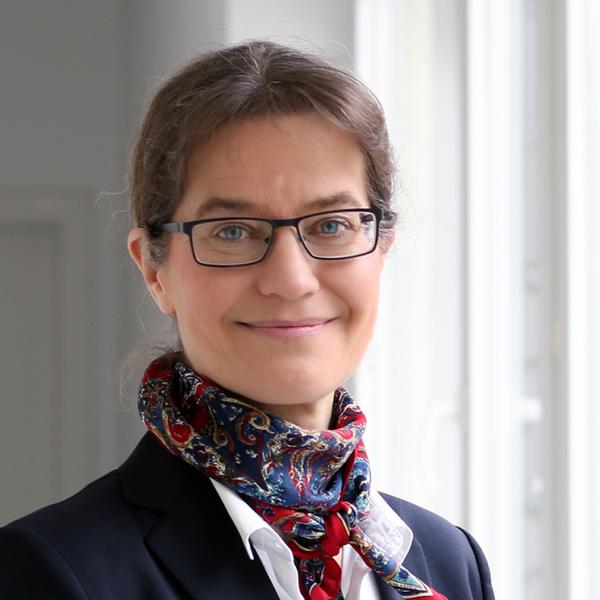Decentralized Energy Supply Versus Network Expansion
Project period: March 2019 - December 2019
Research Areas:
Project Partner
Technische Universität München, Chair for Renewable and Sustainable Energy Systems, Prof. Dr. Thomas Hamacher
Tasks
The study will be conducted within a framework agreement with the Chamber of Commerce and Industry for Munich and Upper Bavaria to provide objective, scientifically-based economic advisory work. Details
The study examines the question how Bavaria's electricity supply can be managed after the decommissioning of the last two nuclear power plants in operation, if the expansion of the grid is further delayed or completely abandoned.
Methods
- Literature analyses of existing studies and investigations on the development of energy consumption in Bavaria under various energy policy regulations.
- Evaluation of official statistics and energy consumption forecasts.
- Expert talks with experts from energy economics, companies and associations of the energy industry and transmission grid operators.
- Calculation of the effects of a waiver of further grid expansion on electricity prices using the ifo electricity market model EU-REGEN.
Data and other sources
- Data from the Bavarian State Office for Statistics on gross electricity generation in Bavaria
- Statistics of the Federal Network Agency on power plants and transmission grids
- Network development plans of transmission system operators
- Energy Forecasts of the The Research Center for Energy Economics and the Technical University of Munich, Chair of Renewable and Sustainable Energy Systems.
Results
By the year 2025, a capacity gap of around 4.5 gigawatts will have built up in Bavaria's energy supply. This additional demand can initially be met by electricity imports, the expansion of decentralized power generation and grid-stabilizing measures, which will, however, cause high operating costs. In the event of a further delay or abandonment of the grid expansion in the form of the two planned high-voltage direct current transmission lines, each with a capacity of 2 GW, the capacity gap that would arise by 2025 would have to be permanently closed by electricity imports and increased decentralized power supply. This would result in higher costs for grid stabilisation measures. Abandoning the expansion of the grid would lead to increased political pressure to introduce two price zones in Germany. According to the model calculations, the price difference between southern Germany and northern Germany in this case would be 2 €/MWh in 2025, rising to 5 €/MWh or 5.7% by 2050.
The study presented in March 2020 examined and evaluated various future scenarios for Bavarian electricity supply up to 2040:
- Higher share of renewable energies, especially photovoltaics ("EE" scenario),
- Expansion of central gas power plants,
- Promotion of decentralised CHP plants.
A possible delay in the expansion of the domestic German grid and a greater expansion of the European border interconnection points were also taken into account. The study shows that in any case the security of electricity supply in Bavaria will deteriorate due to the phasing out of nuclear and coal-fired power. Especially in windless evenings and night hours more and more electricity has to be imported to Bavaria. The "EE" scenario leads to the lowest electricity imports and the lowest wholesale electricity prices. The greatest effect on electricity prices occurs with higher capacities of the border interconnection points to the European electricity grid.
The study also reaffirms the need to expand the extra-high voltage grids rapidly. The HVDC transmission lines can be used both to use more CO2-free electricity from offshore wind farms in Bavaria and to transport more solar power from Bavaria to northern Germany. The preservation of the electricity price zone also requires a corresponding grid expansion at the extra-high voltage level.
Publication (in German)
Szenarien für die bayerische Stromversorgung bis 2040
IHK für München und Oberbayern, München, 2020
Dezentrale Energieversorgung versus Netzausbau
IHK für München und Oberbayern, München, 2019
